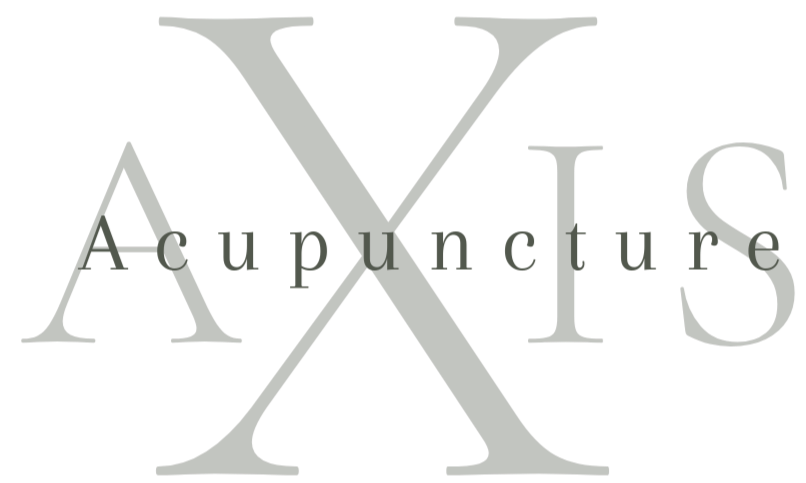Whiplash is a common injury caused by a sudden, forceful back-and-forth movement of the neck, typically occurring during rear-end automobile collisions. This rapid motion can stretch and tear the soft tissues in the neck, such as muscles, tendons, and ligaments, leading to various symptoms, including neck pain, stiffness, headaches, dizziness, and fatigue. The severity of whiplash varies, with some individuals experiencing mild discomfort that improves within a few weeks, while others may suffer from persistent pain and mobility issues that last for months or longer. The unpredictable nature and often delayed onset of symptoms make whiplash a difficult condition to diagnose and manage in its early stages.
Traditional Chinese Medicine (TCM), particularly acupuncture, offers a unique and effective approach to treating whiplash by not only alleviating pain and discomfort but also addressing the underlying energy imbalances that may hinder recovery. TCM theory suggests that whiplash can disrupt blood circulation, leading to stagnation and inflammation that manifest as pain. Acupuncture works to restore balance by stimulating specific acupoints related to neck pain and associated symptoms, promoting the body’s natural healing processes. This holistic treatment approach helps alleviate the immediate symptoms of whiplash while supporting overall well-being, potentially reducing the risk of chronic pain and encouraging a quicker, more complete recovery.
Traditional Chinese Medicine for Whiplash
At Axis Acupuncture, we approach whiplash through the principles of Traditional Chinese Medicine, which has been used for decades to treat this condition. Here’s why we recommend TCM for whiplash:
• PAIN RELIEF
• MUSCLE RELAXATION
• ENHANCED BLOOD CIRCULATION
• HOLISTIC APPROACH
Common Symptoms Of Whiplash
Neck pain and stiffness are the most common symptoms of whiplash. The discomfort can range from mild to severe, often worsening with movement. The neck muscles may feel tight, sore, and tender to the touch, restricting motion and making tasks like turning the head or driving difficult. This pain is typically caused by strains to the muscles and ligaments in the neck, which have been overstretched or torn due to the rapid back-and-forth movement.
Headaches are another frequent result of whiplash, often starting at the base of the skull and radiating toward the forehead. These headaches may be caused by muscle tension and cervical spine injuries that also contribute to neck pain, or they may be linked to more serious injuries like concussions. The intensity and duration of these headaches can severely impact daily activities, leading to discomfort and difficulty concentrating.
Dizziness is another symptom that individuals with whiplash may experience, which can disrupt balance and spatial orientation. This feeling of disorientation is often linked to the vestibular system’s response to neck injury, as well as possible nerve or brain damage sustained during the traumatic event. Dizziness complicates everyday tasks and increases the risk of falls, making recovery more challenging.
Fatigue is commonly reported by people with whiplash, either as a direct result of the body’s healing process or due to poor sleep quality caused by pain and discomfort. Additionally, the emotional stress associated with accidents and injuries can exacerbate tiredness and lethargy, making it harder for individuals to resume their usual activities and slowing down their recovery.
For more frequently asked questions, click here.
Get in Touch
At Axis Acupuncture, we are committed to providing the highest quality care and support to our clients. If you have any questions about our services or would like to schedule an appointment, please don’t hesitate to contact us.

